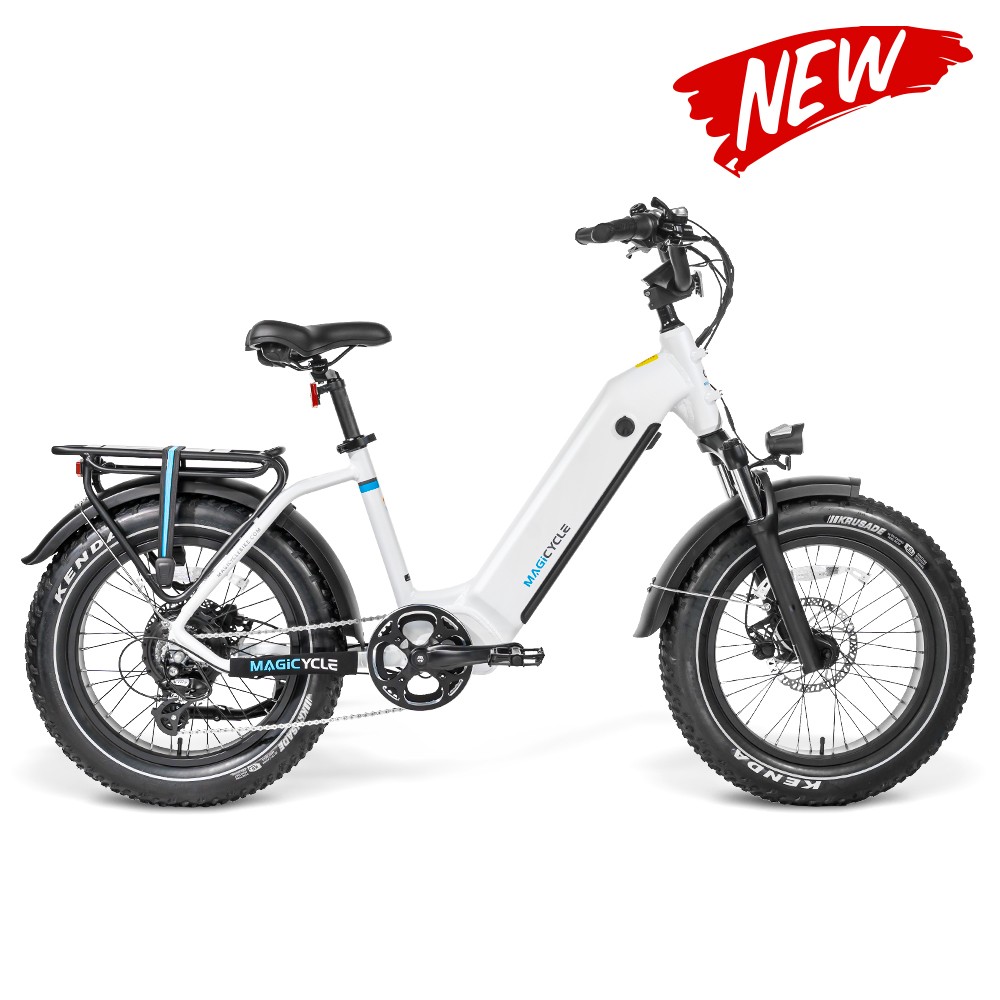How Long Do E-bike Batteries Last?
Determining the battery life of an e-Bike is not only calculated on the number of cycle charges they can take before they gradually go on flat. There are a lot of factors to consider in knowing the life span of a battery.To get more news about how long do ebike battery last, you can visit magicyclebike.com official website.
Some of these factors would be the surrounding conditions like temperature fluctuations, age of the battery, etc. Also, the type of battery being used is to be considered.
What is the average battery life of an e-Bike?
On average, a typical electronic bike battery can surpass 800 full charge cycles. It can sometimes go up to a thousand charge cycles depending on the type of battery used.

Now, we need to understand that charging the battery from 30% – 100% is not a “one full charge cycle”. We must keep in mind that we can only count it as “one charge cycle” if the battery was at 0% – 100%.
In general, if we consider the type of battery being used, the battery’s age, and how often the battery was charged, we can safely say that batteries on e-Bikes can last anywhere from 3 – 5 years.
3 Types of e-Bike batteries
1. Lithium Batteries
It is the most reliable battery used on e-Bikes. More than 90% of e-Bike batteries in the market are composed of lithium. These batteries can generate more power, lasts longer, and is lighter than the other batteries. Because of this, it also is the most expensive among the three.
2. Nickel Batteries
It has the same power in comparison to lithium-ion batteries. Unfortunately, nickel batteries have high tendencies to self-discharge faster than the other ones on this list.
– Average charge cycle before it needs replacing: around 500 charge cycle
Nickel-cadmium (NiCd) – rare to find these days as they became a toxic pollutant to the environment, these batteries are very hard to recycle. More capacity than lead-acid batteries.
Nickel-metal Hydride (NiMh) – more efficient than NiCd but it costs more. These batteries are easier to recycle and tend to last longer.
3. Lead Batteries
This type of battery is the oldest among lithium and nickel. While it is the cheapest you can find in the market right now, it has a few drawbacks. Lead-acid batteries are heavy. It is five times heavier than lithium-ion batteries. Aside from this, it has a short life span in comparison to the other two. It’s not good to purchase lead-acid batteries if you are going to use your e-Bike regularly.
What Happens When it Reaches its Maximum Charge Cycles?
The maximum charge cycle of the battery is the manufacturer’s theoretical estimate before the battery loses its efficiency.
When the battery reaches the specified number of charge cycles, you’ll eventually start noticing a decrease in performance. Fluctuation in voltages and lack of power are apparent signs that your battery’s life is coming to an end.
In addition, if you have noticed yourself recharging your bike’s battery more frequently if the battery can’t hold its charge for a longer period, then yes, the battery needs to be replaced.
While it’s true that you can use your e-Bike without the battery, it is not convenient for everyday use. E-Bikes are heavier than normal bikes. Also, it will never be an excellent choice for older people who require a special level of assistance to ride their e-Bikes with a dead battery.
Depending on how you use your bike, it’s up to you to decide whether a battery replacement is essential or if you can get by without it.